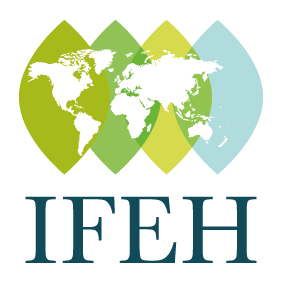IDENTIFICATION & QUANTIFICATION OF THE NEEDS OF THE U.S. ENVIRONMENTAL HEALTH WORKFORCE INVOLVED IN COVID-19 RESPONSE & RECOVERY
Keywords:
Workforce Development, Capacity Building, Education & TrainingAbstract
Background: The environmental health (EH) profession is the second largest segment of the U.S. Public Health Workforce, and as such, is frequently tasked to provide backbone support during public health crises, such as natural disasters, the opioid epidemic, and the COVID-19 pandemic.
Aim: Our aim was to collect primary data in support of efforts to assess EH workforce activities and expressed needs in response to COVID-19.
Methods: The authors fielded a nationwide EH workforce pandemic needs assessment July 15, 2020 through August 31, 2020. The survey was distributed and made widely available via email (n= ~ 6500) and social media outlets.
Results: Seven hundred and sixty-five (765) completed surveys were submitted and analyzed. Environmental Health practitioners, many who are employed at small local agencies, are actively supporting COVID-19 response and recovery. Their contributions are felt in emergency operation centers, policy development, contact tracing, and communications efforts, in addition to their usual and customary activities. At the same time, they have been tasked to take on new roles and responsibilities, such as crowd dispersal, for which they were not adequately trained. A lack of training was reported and was acutely felt at the state and local level (23% of respondents). Over 70% of local practitioners report being emotionally exhausted and more than 45% report working in agencies that are understaffed.
Conclusion(s): History demonstrates that the environmental health workforce provides backbone and surge support during natural, infectious, and manmade disasters. Our EH workforce survey data suggest that the profession is a major contributor to the COVID-19 response and recovery efforts. COVID-19 after action reports should reflect on the lessons learned and translated into education and training that is reflective of the changing nature of practice and society’s needs.
Presenter e-mail: ddyjack@neha.org


